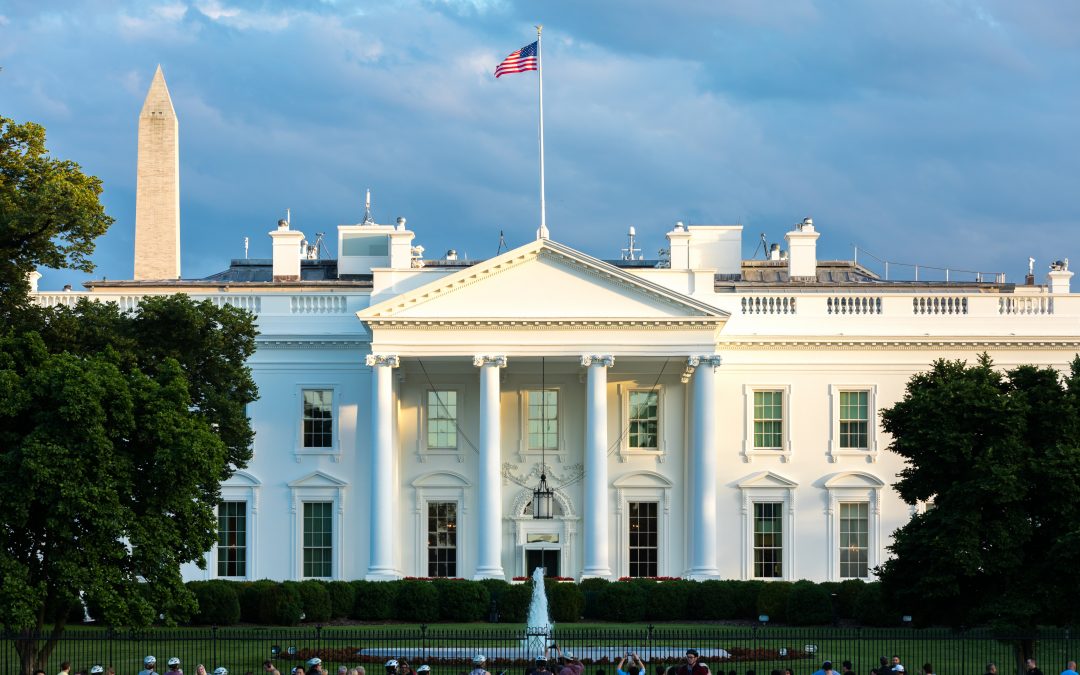In our office we have received quite a few calls recently about how President Biden’s proposal to eliminate Section 1031 like-kind exchanges as a means to pay for his proposed American Families could affect their current and future real estate investments. It’s a good question and one we should know more about.
President Biden’s proposed economic plan eliminates the tax break many real-estate owners have utilized allowing them to defer paying capital gains on property sales. Known as 1031 exchanges – currently investors can defer paying tax on real estate gains by reinvesting the proceeds in other properties within six months of the sale. Some refer to 1031 exchanges as a tax “loophole.”
Let’s address this “loophole” and how changes in it could affect investors. First of all, calling it a loophole insinuates that investors are trying to pull one over on the government. This is simply not true. The 1031 exchange has been around since 1921 and is, in fact, named for a section in the U.S. tax code – IRC Section 1031. No one is trying to avoid taxes…they are simply deferring them to a later time. Uncle Sam will still get his share – he just has to wait a for it.
As it stands today, a person can purchase a property and then every few years exchange the equity tax free for a better property – deferring the payment of the capital gains. When the investor dies, his/her beneficiaries – often the children – receive the step up basis and can continue the investment also deferring the taxes. This new plan would eliminate that and not allow the beneficiary to defer any gain that exceeds $500,000 meaning the beneficiary would be liable for tax on everything over $500,000. Imagine being caught unexpectedly with that bill!
Part of the president’s plan would eliminate the step up in basis – the amount a property value changes from when it was purchased to today’s fair market value. And this is terrible for Americans who own investment property – and their heirs.
Some believe real estate investors are wealthy with an abundance of money, but this is not necessarily true. Many times the real estate investor is one who owns a suburban rental home or small condo. And this plan would greatly hurt that investor as well as the investor who owns millions of dollars in multifamily properties. In fact, the majority of 1031 exchangers are individuals, rather than by corporations, according to a report from the Congressional Joint Committee on Taxation.
“Section 1031 encourages real-estate transactional activity, and in doing so, is a powerful stimulator of the U.S. economy,” says Suzanne Baker, a co-chair of the Federation of Exchange Accommodators, a national trade association for 1031 exchange practitioners.
What can be done? Currently many organizations such as the American Farm Bureau Federation, the National Association of Realtors and the Asian American Hotel Owners Association have registered to lobby the federal government against repealing 1031 exchanges. As an investor you can take action by sending a letter to congress to preserve section 1031 here.
If you have any questions or would like to talk to us more about the proposed plan, give us a call at Diversified Investment Strategies, and we can help you understand your options better and how this all could affect you.
Diversified Investment Strategies represents a team of experienced and trusted professionals specializing in real estate investment and services – including buying, selling, leasing, retirement planning and wealth growth and management through strategic, informed investment choices and a meticulous real estate investment analysis. As knowledgeable replacement property professionals, they help clients build a customized strategy that identifies suitable investments pursuing successful completion of a 1031 Tax-Deferred Exchange. Visit them at www.diversified1031 or call 866-261-0104.
